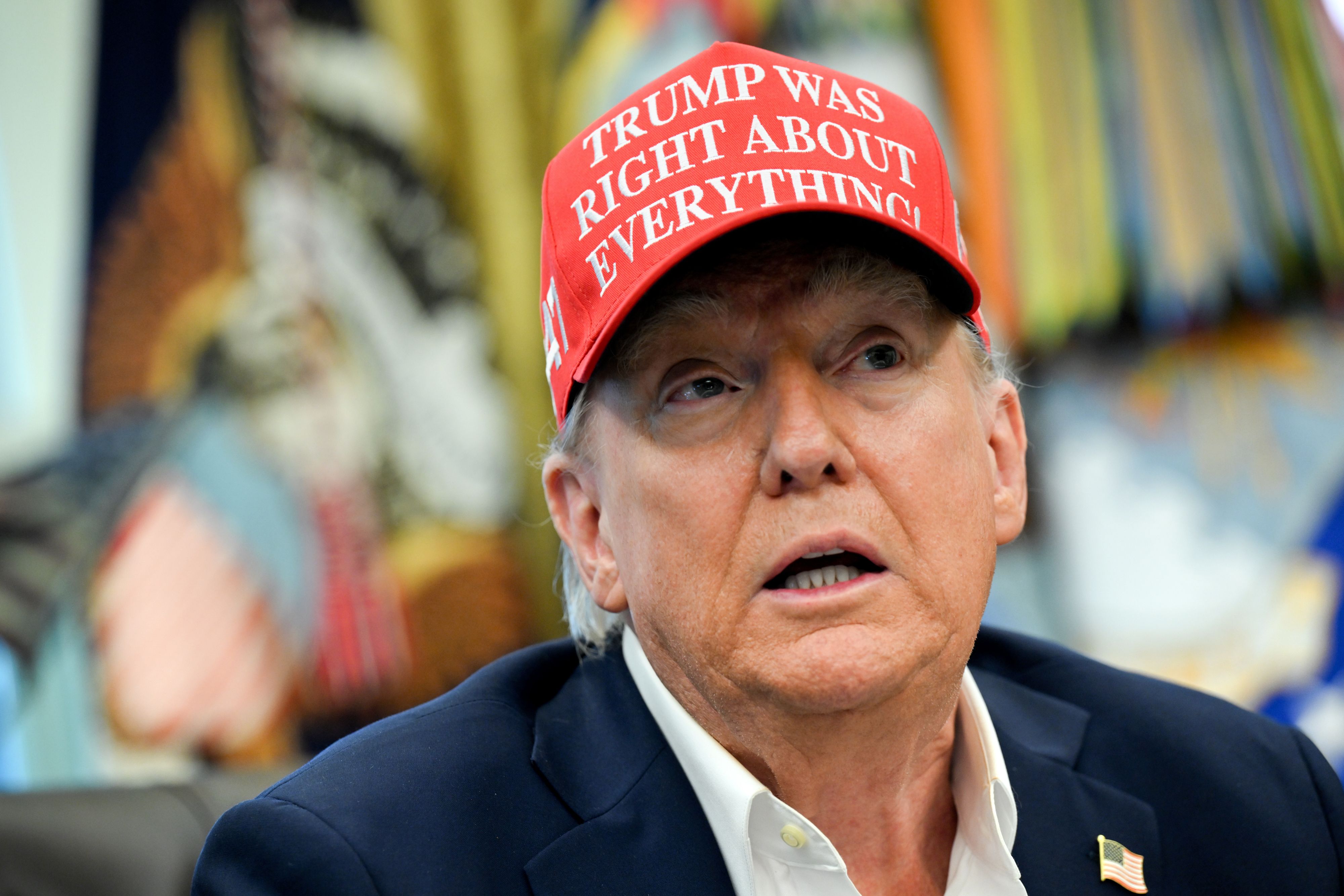President Donald Trump just confirmed the US government will take a 10 percent stake in Intel worth approximately $10 billion, marking an unprecedented direct government investment in America's struggling chipmaker. The deal positions Intel CEO Lip-Bu Tan's job security around compliance with Trump's China policies, fundamentally reshaping how Washington engages with critical semiconductor infrastructure.
Intel just became America's first government-backed major chipmaker. President Donald Trump confirmed Friday that the struggling semiconductor giant agreed to hand over a 10 percent equity stake to the US government, valued at roughly $10 billion based on Intel's current market capitalization. The announcement, made during what was supposed to be a World Cup briefing, represents the most direct government intervention in the chip industry since the sector's founding.
The deal's genesis traces back to Trump's public pressure campaign against Intel CEO Lip-Bu Tan earlier this month. Trump had demanded Tan's resignation over his board positions at Chinese companies, viewing them as security risks. Today's equity agreement effectively serves as Tan's reprieve. "I said, 'I think it would be good having the United States as your partner,'" Trump told reporters, positioning the stake as both patriotic partnership and executive lifeline. "They've agreed to do it, and I think it's a great deal for them."
[embedded image: Trump and Intel CEO Lip-Bu Tan shaking hands]
The timing couldn't be more critical for Intel. The company has been hemorrhaging market share to Taiwan Semiconductor in advanced chip manufacturing while struggling with massive capital expenditure requirements. SoftBank just announced a $2 billion investment in Intel earlier this week, signaling international confidence in the American chipmaker's turnaround potential. The government stake essentially makes taxpayers Intel's largest individual shareholder outside of institutional investors.


